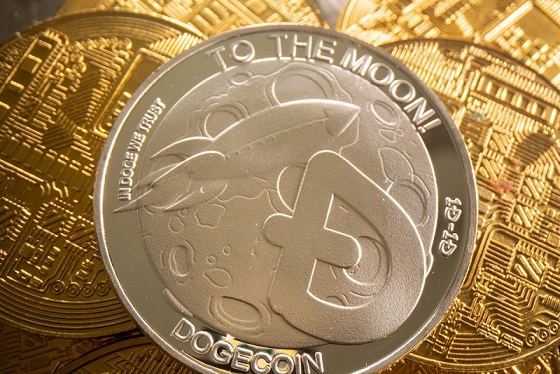Gold rally "fundamentally supported for now," AHG President tells Investing.com
In the shadow of Bitcoin's recent drops, traders are rushing to snap up holdings in memecoins hoping these will spark a wave of bullish rallies soon. As the craze intensifies, established researchers continue to tackle the surge of these fleeting tokens directly.
Needham & Company analysts spotted a huge spike in the popularity and influence of meme coins in the crypto scene. Driven mostly by Gen Z and the younger millennials, these meme coins have seen their trading volumes skyrocket by 30 times this year, showing their growing clout in the attention-based economy.
The firm attributes the rise of meme coins to several key factors. Younger generations, adept at monetizing attention through platforms like TikTok, Instagram, and X (formerly Twitter), now see meme coins as a new avenue for investment. They're tying digital currency straight to pop culture and eye-grabbing memes.
This demographic shift comes from a mix of being fed up with old-school investment routes and calls for “fair financial chances,” sidestepping the usual venture capital perks in crypto investments.
“Younger generations believe they need "lottery like returns" to afford "coming of age assets" such as housing/property, which seems out of reach. The rise in meme activity benefits COIN and HOOD primarily through retail trading,” the research reads.
Needham also highlights the practical applications of meme coins beyond mere speculation. For example, platforms like Coinbase (NASDAQ:COIN) and Robinhood (NASDAQ:HOOD) have capitalized on the trend, integrating meme coins into their trading portfolios. This move has boosted their retail trading volumes after a period of waning retail interest.
“We expect $50m+ in net revenue from this segment for COIN in '24 and in our bull case $300m+,” it adds.
Coinbase's 'Base chain' has particularly benefited from this surge, and it now acts as a primary destination for meme coin launches and expected to generate decent revenue gains in 2024.
Moreover, the use of Bitcoin's network for launching memes and NFTs provided a new revenue stream for Bitcoin miners. The increase in transaction fees associated with these activities is helping to offset the decrease in new Bitcoin issued post-halving.
